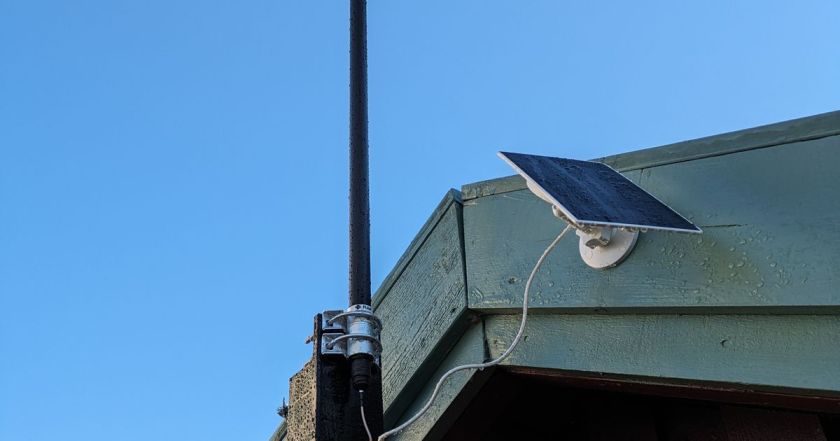
We live in incredible times with such possibilities that is clear. Although its easily dismissed seeing AI attempting to rewrite history, Agentic AI browsers fooled and Rabbit R1 is back?
To quote Buckminster Fuller “You never change things by fighting the existing reality. To change something, build a new model that makes the existing model obsolete.”
You are seeing aspects of this with good counter-points parts [1][2][3] to tell the AI die-hards, a uptake of LoRaWAN and low energy decentralised networks thanks in part to meshtastic and alternative to typical internet servcies but European based look no further.
Small acts of community interest
Ian thinks: Rushkoff’s story about borrowing a drill and community has become similar to the billionares and the event story. Rushkoff calls it a revolutionary act, I call it an act of community interest, something we rarely see in
The case for no billionaires
Ian thinks: This interview with professor Ingrid Robeyns, is a good listen especially after reading Limitarianism and thinking about the problems of inequality. I wonder if anyone in government is taking notes as there are so many voices and credible research pointing to the same conclusion.
Right to repair hard truths
Like it or not, Rossmann speech about the right to repair, how we can’t own anything as the makers find more clever ways to enshittify is on point. I am sure Samsung’s fridge with adverts you can’t turn off, would be in a updated version if redone now..
Empires and their religions they build
Ian think: Karen Hao, has been the rounds recently with the Empires of AI book. This is one of the best conversations/interviews I seen with her. The mid point and end points are well argued by Hao, touching deeply on the need to make their own religious pyramids of technology.
Do your friends still post on social media?
Ian thinks: Do you remember when people use to “hard” post? What happened? According to Chayka many things. From algorithms, ephemeral, context collapse, advertising, etc. Let’s not forget the effect of bots too.
Learning from the Ozone crisis
Ian thinks: in 1985 most won’t remember the Ozone hole threat as its so baked into the world we live in now. Tristan talks with Susan about the solution and how it can be applied now to the AI challenge.
Ultra-processed authoritarian algorithms
Ian thinks: Nobel peace-prize winning journalist’s conversation with the Daily shows’s Jon Steward about the state of journalism and authoritarian, is a rare and frank exchange with Maria Ressa making it super clear how the playbook happened almost a decade ago and how they tried to alert the world back then.
What is the difference between Android and iOS?
Ian thinks: If this is true and the video summary isn’t off the mark. There is a big question about where do people go? We always knew having a duopoly for mobile devices was going to blow up in our faces.
AI’s branding team are on fire
Ian thinks: Meredith Whittaker tells it as it is, is great in this interview about how she got started in the tech industry, signal gate, AI, masculinity and so much more. Her insight on how “useful” AI agents are infiltration services such as Whatsapp and Signal is spot on.
Like this newsletter? Find the archive here
